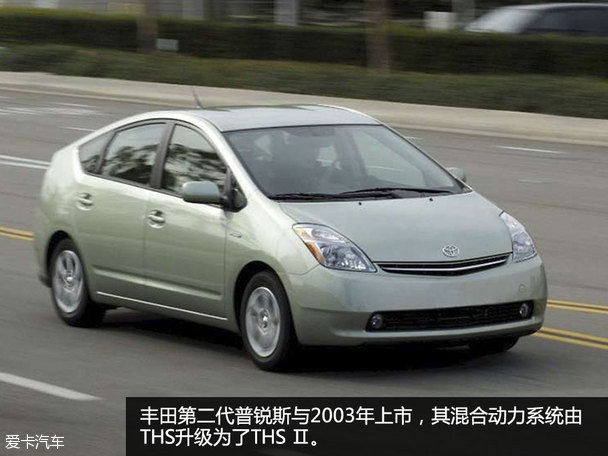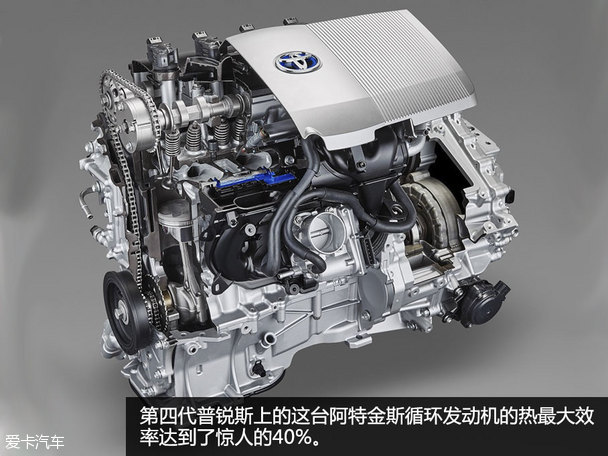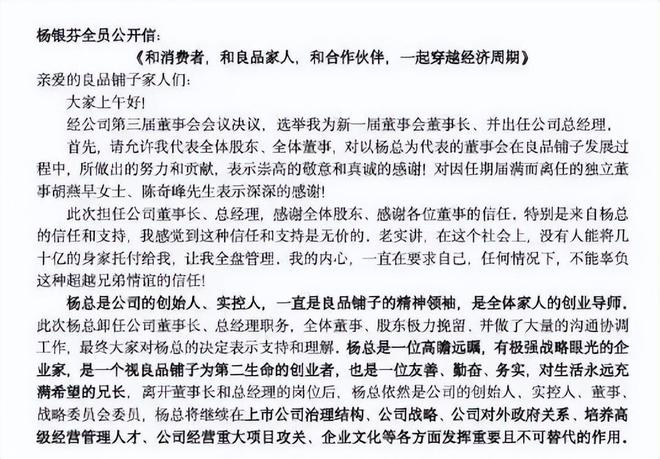Implementation Table of Emergency Plan for Flood Control, Typhoon Prevention and Drought Relief of Lishui Housing and Urban-Rural Construction System
Response grade
Responsible department (unit)
Work measures
group
Counterpart office (unit)
accountability organization
Class ⅳ response
Comprehensive group
office
office
According to the requirements, the personnel shall be on duty 24 hours a day, responsible for the propaganda of defense work and logistics support.
Safety management center
Safety management center
Release typhoon news to all units, organize member units to hold deployment meetings, convey the spirit of relevant meetings such as the city’s flood prevention and typhoon prevention, coordinate the deployment of typhoon prevention and flood prevention work of all relevant units, and be responsible for the summary and reporting of relevant information and data of the city’s flood prevention office.
Construction group
Construction department
Shi Shi Guan center
Issue early warning information to construction enterprises, guide all construction projects in progress to carry out defense preparations, and do a good job in personnel on duty and information submission.
Municipal public facilities section
Urban construction office
Municipal center
Check the municipal public facilities, emergency supplies and equipment, and do a good job in various defense preparations such as personnel on duty and information submission.
City garden center
Check scenic spots, parks, green spaces, etc., reinforce trees, check emergency materials and equipment, set up warning signs, and make preparations for various defenses such as personnel on duty and information reporting.
Shilianghua center
Check the urban lighting facilities within the jurisdiction, check the emergency materials and equipment, and do a good job in various defense preparations such as personnel on duty and information submission.
Liandu sanitation center
Check the sanitation facilities, check the emergency materials and equipment, and do a good job in various defense preparations such as personnel on duty and information submission.
Municipal water supply and drainage company
Check the water supply and drainage facilities, emergency materials and equipment, and at the same time do a good job in various defense preparations such as 24-hour duty and information submission.
Housing section
Real estate office, village office
City housing insurance center
Guide local construction authorities to do a good job in the investigation and defense of dilapidated houses in rural areas. Check the public housing and public rental housing, issue early warning information, check emergency materials and equipment, and do a good job in various defense preparations such as personnel on duty and information submission.
Real estate office
Real estate office
Guide local construction authorities to do a good job in the investigation and defense of dilapidated houses in cities and towns.
Local construction department groups
Municipal construction bureau
Construction departments of counties (cities, districts) and development zones
Start the emergency plan, mobilize and deploy urgently, check the emergency materials and equipment, comprehensively check the defense work, do a good job in personnel transfer in dangerous areas, do a good job in 24-hour duty and information submission, and carry out various defense preparations according to the deployment of the local government.
Class Ⅲ response
Comprehensive group
office
office
According to the requirements, the personnel shall be on duty 24 hours a day, be responsible for the propaganda of defense work, and do a good job in logistics support.
Safety management center
Safety management center
Release typhoon news to all units, consider whether to organize member units to hold an emergency deployment meeting again, deploy defense key points and positions, organize relevant offices to supervise the implementation of defense work, and be responsible for the summary and reporting of relevant information and data of the Municipal Defense Office.
Construction group
Construction department
Shi Shi Guan center
Issue early warning information to construction enterprises, guide the construction projects under construction to carry out the typhoon prevention, reinforcement and danger removal work of hoisting machinery, scaffolding, temporary sheds and other facilities, urge the construction projects under construction to be ready for 24-hour duty and shutdown, and operators in dangerous areas such as riverside, easy to flood and waterlogging, deep foundation pit, high slope, crossing over or near existing roads should stop construction and do a good job in the safe transfer of personnel in dangerous areas, and at the same time do a good job in personnel duty and information reporting.
Municipal public facilities section
Urban construction office
Municipal center
Check the municipal public facilities, points where roads are prone to water accumulation, etc., prepare rescue personnel and materials and equipment, and do a good job in various defense work such as personnel on duty and information submission.
City garden center
Check scenic spots, parks, green spaces, etc., make preparations for emergency personnel and materials and equipment, set up warning signs, close scenic spots in dangerous areas, and do a good job in various defense work such as personnel on duty and information reporting.
Shilianghua center
Check the urban lighting facilities within the jurisdiction, prepare rescue personnel and materials and equipment, and do a good job in various defense work such as personnel on duty and information submission.
Liandu sanitation center
Check the sanitation facilities, make preparations for emergency rescue personnel and materials and equipment, and do a good job in various defense work such as personnel on duty and information submission.
Municipal water supply and drainage company
Check the water supply and drainage facilities, make preparations for emergency rescue personnel and materials and equipment, and do a good job in various defense work such as personnel on duty and information submission.
Housing section
Real estate office, village office
City housing insurance center
Guide local construction authorities to do a good job in the investigation, defense and personnel transfer of dilapidated houses in rural areas. Check the public housing and public rental housing, issue early warning information, prepare rescue personnel and materials and equipment, do a good job in the safe transfer of personnel in dilapidated houses, and do a good job in various defense work such as personnel on duty and information reporting.
Real estate office
Real estate office
Guide local construction authorities to do a good job in the investigation, defense and personnel transfer of dilapidated houses in cities and towns.
Local construction department groups
Municipal construction bureau
Construction departments of counties (cities, districts) and development zones
Start the emergency plan, mobilize and deploy urgently, organize the rescue and relief work, conduct a comprehensive inspection of the defense work, do a good job in the transfer of personnel in dangerous areas, do a good job in the 24-hour duty and information reporting, and carry out various defense work according to the deployment of the local government.
Level II response
Comprehensive group
office
office
According to the requirements, the personnel shall be on duty 24 hours a day, be responsible for the propaganda of defense work, and do a good job in logistics support.
Safety management center
Safety management center
Release typhoon news to all units, consider whether to organize member units to hold an emergency deployment meeting again, deploy defense key points and positions, organize relevant offices to supervise the implementation of defense work, and be responsible for the summary and reporting of relevant information and data of the Municipal Defense Office.
Construction group
Construction department
Shi Shi Guan center
Issue typhoon warning to construction enterprises. Instruct the emergency rescue personnel of the project under construction to stand by and eliminate the dangerous situations, carry out the typhoon prevention, reinforcement and danger removal work of the hoisting machinery, scaffolding, temporary sheds and other facilities on the construction site, all the construction sites under construction will be shut down and the construction power supply will be cut off, and personnel will be on duty 24 hours a day. Coordinate the safe transfer of personnel, and do a good job of personnel on duty and information submission.
Municipal public facilities section
Urban construction office
Municipal center
Check the municipal public facilities, points where roads are prone to water accumulation, etc., rescue personnel are on standby and eliminate the dangers that appear, and at the same time do a good job in various defense work such as personnel on duty and information submission.
City garden center
Check the scenic spots, parks, green spaces, etc., rescue personnel are on standby to eliminate the dangers, close the scenic spots, stop amusement facilities, evacuate tourists to safety, and do a good job in various defense work such as personnel on duty and information reporting.
Shilianghua center
Check the urban lighting facilities within the jurisdiction, rescue personnel are on standby and eliminate the danger, and at the same time do a good job in various defense work such as personnel on duty and information reporting.
Liandu sanitation center
Check the sanitation facilities, rescue personnel are on standby and eliminate the danger, and at the same time do a good job in various defense work such as personnel on duty and information submission.
Municipal water supply and drainage company
Check the water supply and drainage facilities, rescue personnel are on standby and eliminate the danger, and at the same time do a good job in various defense work such as personnel on duty and information submission.
Housing section
Real estate office, village office
City housing insurance center
Guide local construction authorities to do a good job in the investigation, defense and personnel transfer of dilapidated houses in rural areas. Check the public housing and public rental housing directly under the control, issue early warning information, put emergency personnel on standby and eliminate the danger, do a good job in the safe transfer of personnel in dilapidated houses, and do a good job in various defense work such as personnel on duty and information reporting.
Real estate office
Real estate office
Guide local construction authorities to do a good job in the investigation, defense and personnel transfer of dilapidated houses in cities and towns.
Local construction department groups
Municipal construction bureau
Construction departments of counties (cities, districts) and development zones
Start the emergency plan, mobilize and deploy urgently, organize the rescue and disaster relief work, conduct a comprehensive inspection of the defense work, do a good job in transferring personnel in dangerous areas, stop construction at the construction site, do a good job in keeping personnel on duty 24 hours a day, submit information, and carry out various defense work according to the deployment of the local government.
Class I response
Comprehensive group
office
office
According to the requirements, the personnel shall be on duty 24 hours a day, be responsible for the propaganda of defense work, and do a good job in logistics support.
Safety management center
Safety management center
Release typhoon news to all units, organize member units to hold emergency deployment meetings, deploy defense key points and positions, organize relevant offices to supervise the implementation of defense work, and be responsible for the summary and reporting of relevant information and data of the Municipal Defense Office.
Construction group
Construction department
Shi Shi Guan center
Issue typhoon warning to construction enterprises. Instruct the emergency rescue personnel of the project under construction to stand by and eliminate the dangerous situations, carry out the typhoon prevention, reinforcement and danger removal work of the hoisting machinery, scaffolding, temporary sheds and other facilities on the construction site, all the construction sites under construction will be shut down and the construction power supply will be cut off, and personnel will be on duty 24 hours a day. Coordinate the safe transfer of personnel, and do a good job of personnel on duty and information submission.
Municipal public facilities section
Urban construction office
Municipal center
Check the municipal public facilities, points where roads are prone to water accumulation, etc., rescue personnel are on standby and eliminate the dangers that appear, and at the same time do a good job in various defense work such as personnel on duty and information submission.
City garden center
Check the scenic spots, parks, green spaces, etc., rescue personnel are on standby to eliminate the dangers, close the scenic spots, stop amusement facilities, evacuate tourists to safety, and do a good job in various defense work such as personnel on duty and information reporting.
Shilianghua center
Check the urban lighting facilities within the jurisdiction, rescue personnel are on standby and eliminate the danger, and at the same time do a good job in various defense work such as personnel on duty and information reporting.
Liandu sanitation center
Check the sanitation facilities, rescue personnel are on standby and eliminate the danger, and at the same time do a good job in various defense work such as personnel on duty and information submission.
Municipal water supply and drainage company
Check the water supply and drainage facilities, rescue personnel are on standby and eliminate the danger, and at the same time do a good job in various defense work such as personnel on duty and information submission.
Housing section
Real estate office, village office
City housing insurance center
Guide local construction authorities to do a good job in the investigation, defense and personnel transfer of dilapidated houses in rural areas. Check the public housing and public rental housing, rescue personnel are on standby and eliminate the danger, do a good job in the safe transfer of personnel in dilapidated houses, and do a good job in various defense work such as personnel on duty and information reporting.
Real estate office
Real estate office
Guide local construction authorities to do a good job in the investigation, defense and personnel transfer of dilapidated houses in cities and towns.
Local construction department groups
Municipal construction bureau
Construction departments of counties (cities, districts) and development zones
Start the emergency plan, mobilize and deploy urgently, organize the rescue and disaster relief work, conduct a comprehensive inspection of the defense work, do a good job in transferring personnel in dangerous areas, stop construction at the construction site, do a good job in keeping personnel on duty 24 hours a day, submit information, and carry out various defense work according to the deployment of the local government.
remarks
Other member units: participate in flood control, typhoon prevention and drought relief work according to the unified deployment of the Bureau’s leading group for flood control, typhoon prevention and drought relief, including launching emergency plans, doing a good job in flood control inspection of office buildings and areas under its jurisdiction, doing a good job in personnel transfer in dangerous areas, preparing for emergency rescue, and doing a good job in personnel duty and information submission.


























